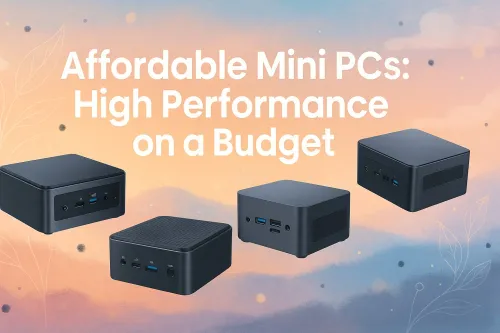
Powerful Mini PCs On A Budget
Affordable mini PCs ⚡ that punch above their weight. 💻 Unbeatable performance for streaming, gaming, and workstations. Read the full breakdown →
Wondering what is a handheld gaming pc and how it crams desktop power into your hands? 🎮 This guide breaks down the tech, from powerful APUs to custom operating systems. Discover how devices like the Steam Deck and ROG Ally let you play your AAA library anywhere, anytime. 🚀
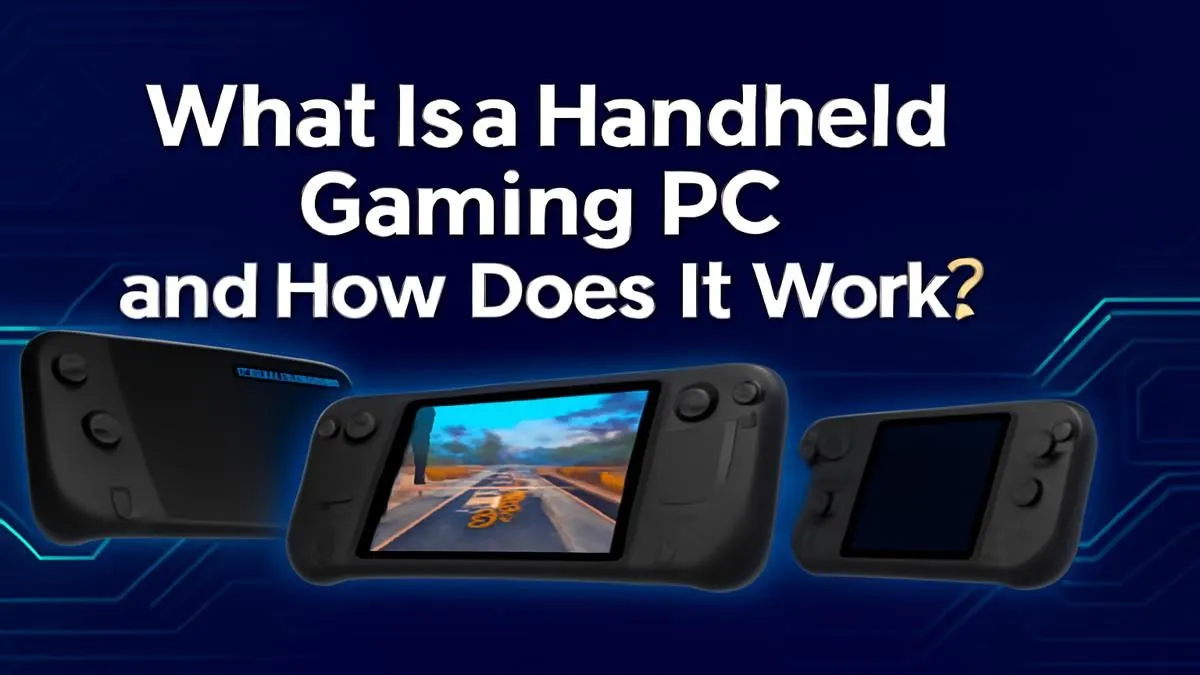
Stuck in stage 4 load shedding with no way to get your daily dose of Helldivers 2? Or maybe you’re just tired of being chained to your desk for every gaming session. Enter the handheld gaming PC, a powerful new class of device that puts your entire Steam library in the palm of your hands. It’s not a console, and it’s way more than a phone. It’s a full-fat PC experience, built for gaming on the go.
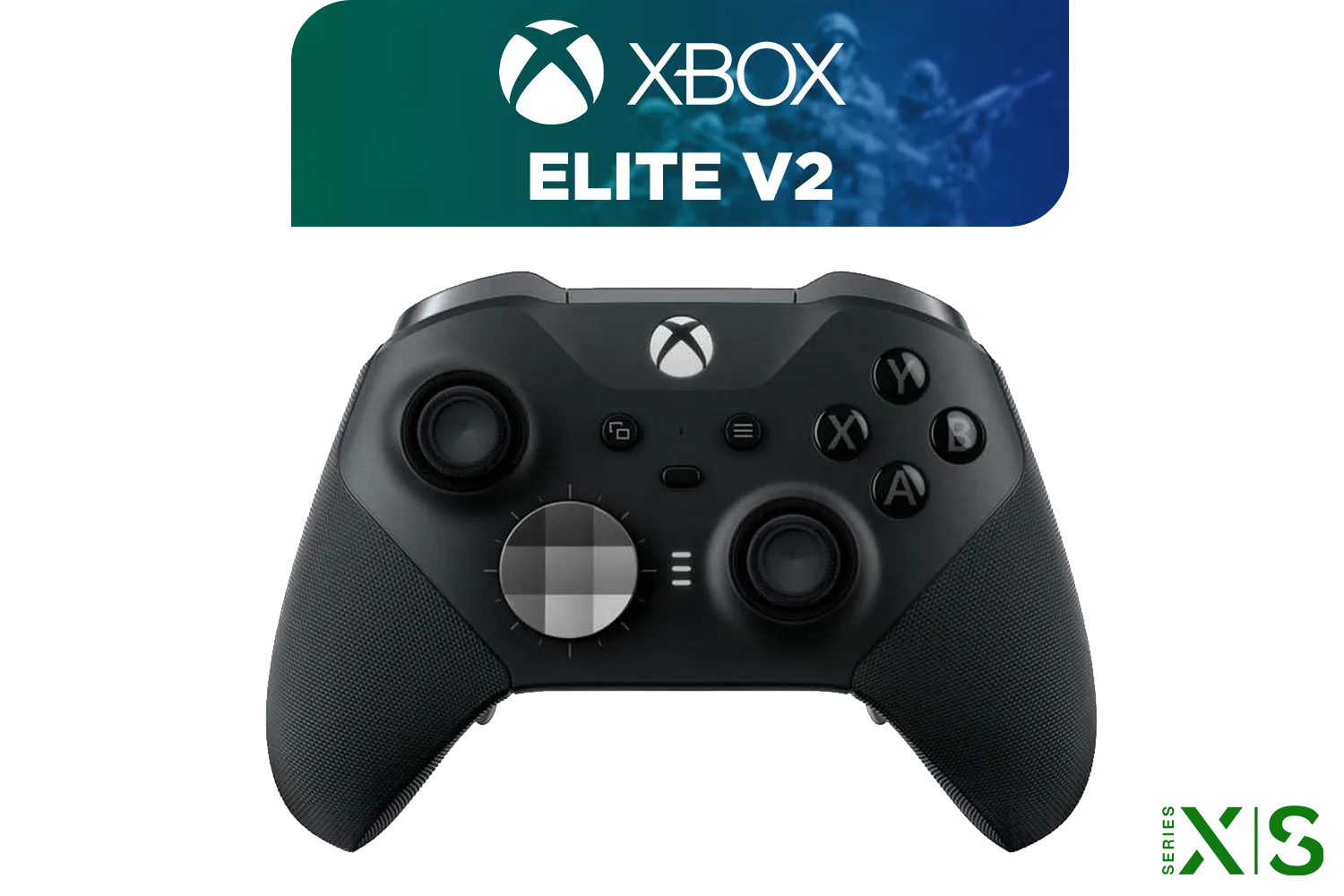
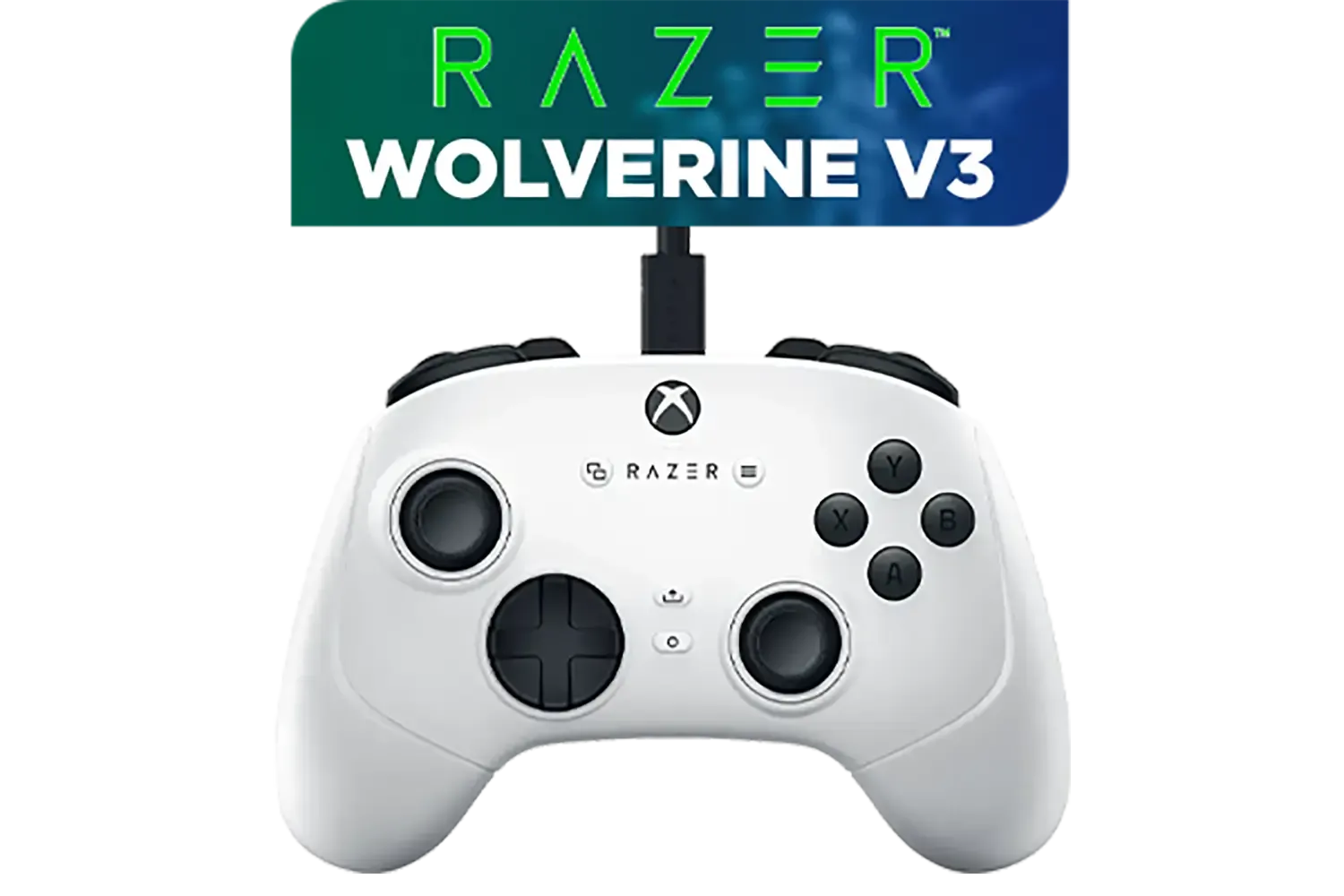
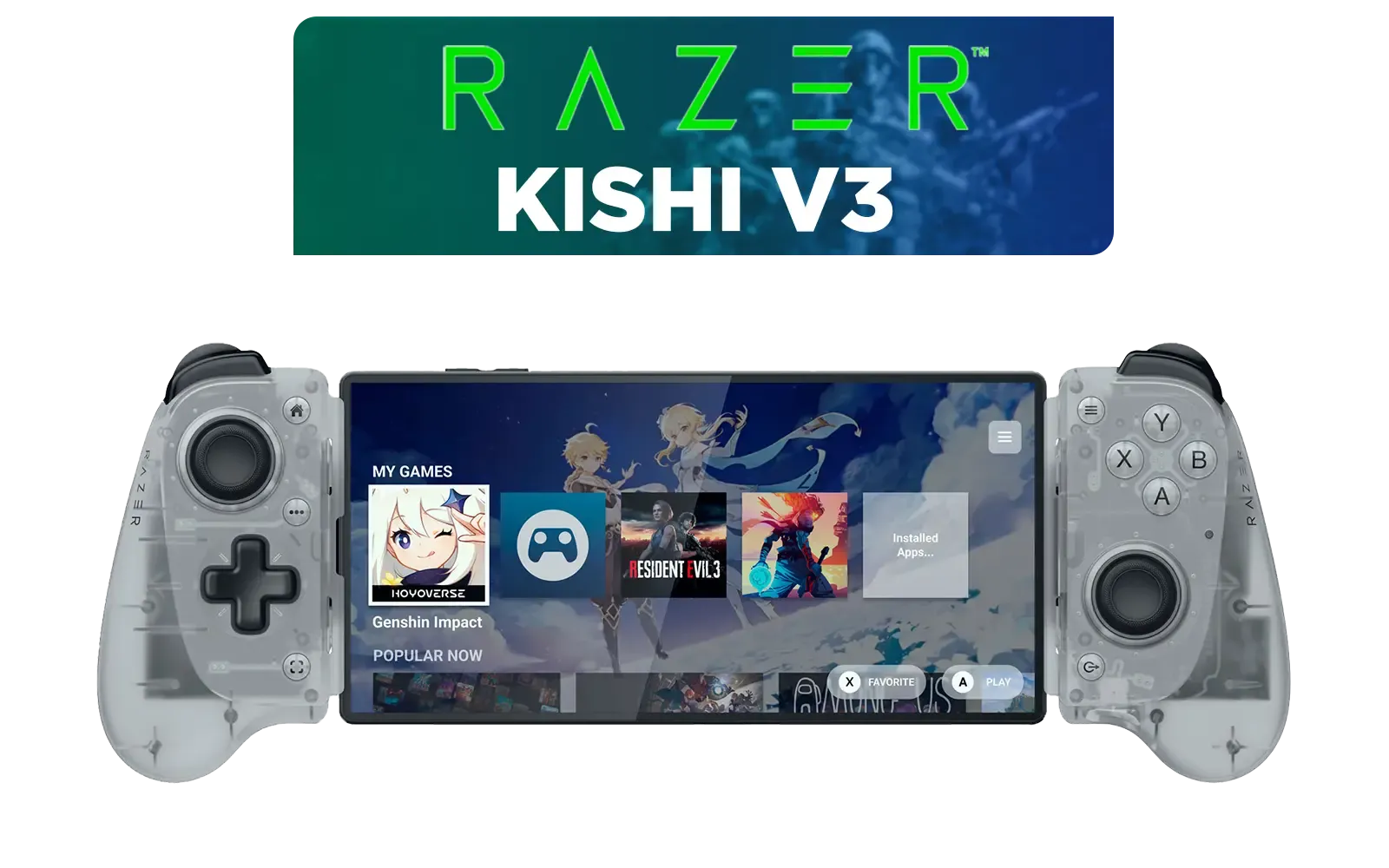

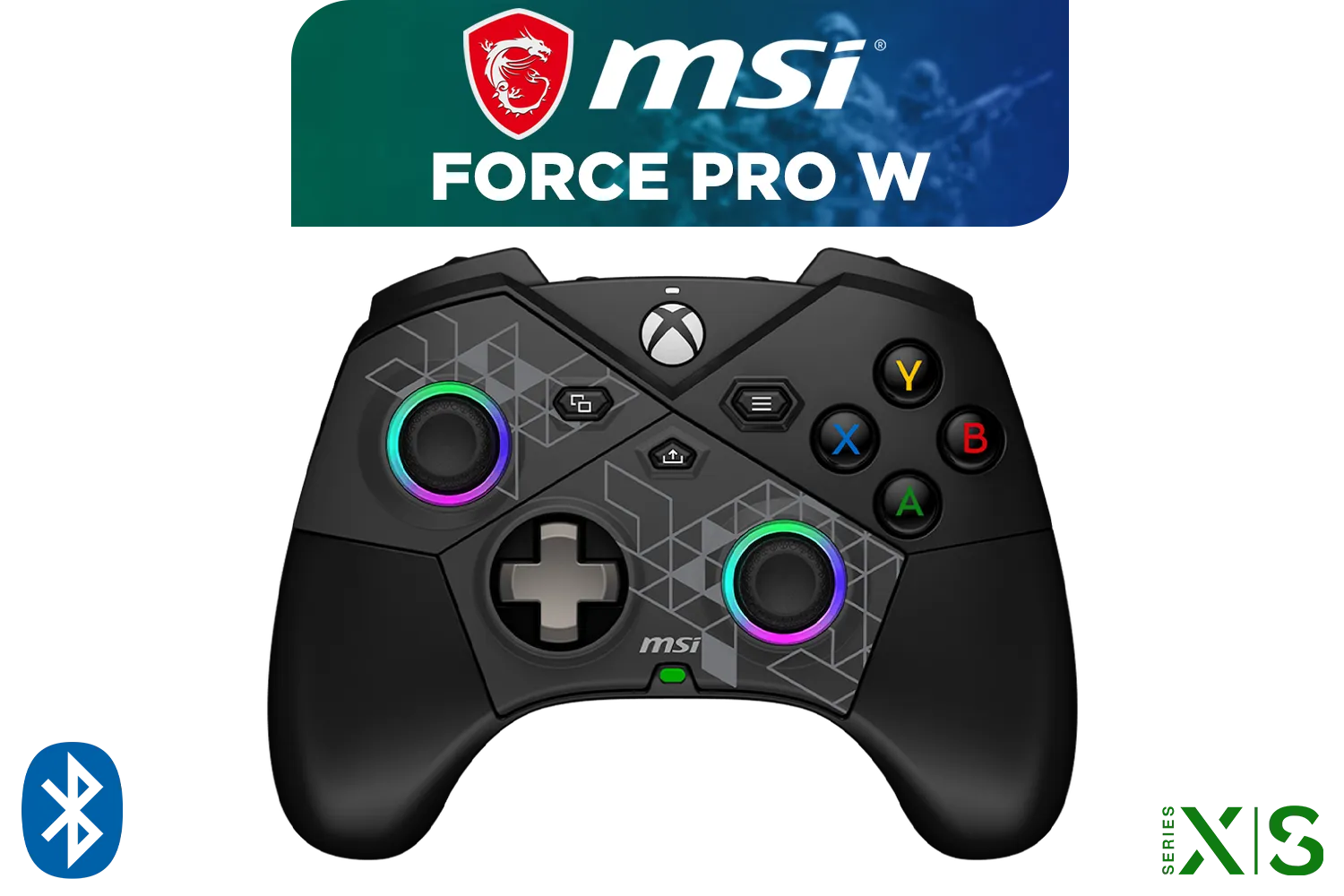

Think of it as a compact computer that’s been expertly squashed into a controller-like body. Unlike a Nintendo Switch, which runs a locked-down operating system and has its own game store, a handheld gaming PC typically runs Windows or a custom version of Linux. This means you can install Steam, the Epic Games Store, PC Game Pass, and almost any other launcher you use on your desktop.
This little beast gives you access to the massive library of PC games you already own. From indie darlings to AAA blockbusters, if it runs on a PC, there's a good chance it will run on one of these portable powerhouses. It’s the ultimate answer to PC gaming freedom.
While they look simple on the outside, the tech inside a modern handheld PC is seriously impressive. Understanding the key parts will help you figure out which one is right for your needs.
The heart of every handheld gaming PC is an Accelerated Processing Unit (APU). This single chip combines a powerful CPU and a capable GPU, striking a crucial balance between performance and battery life. It’s the magic that lets you play demanding games without needing a bulky, dedicated graphics card.
Most handhelds feature a 7-inch to 8-inch screen, typically with a 1080p resolution and sometimes a high refresh rate (120Hz+). The image quality is often fantastic, as the high pixel density makes everything look incredibly sharp.





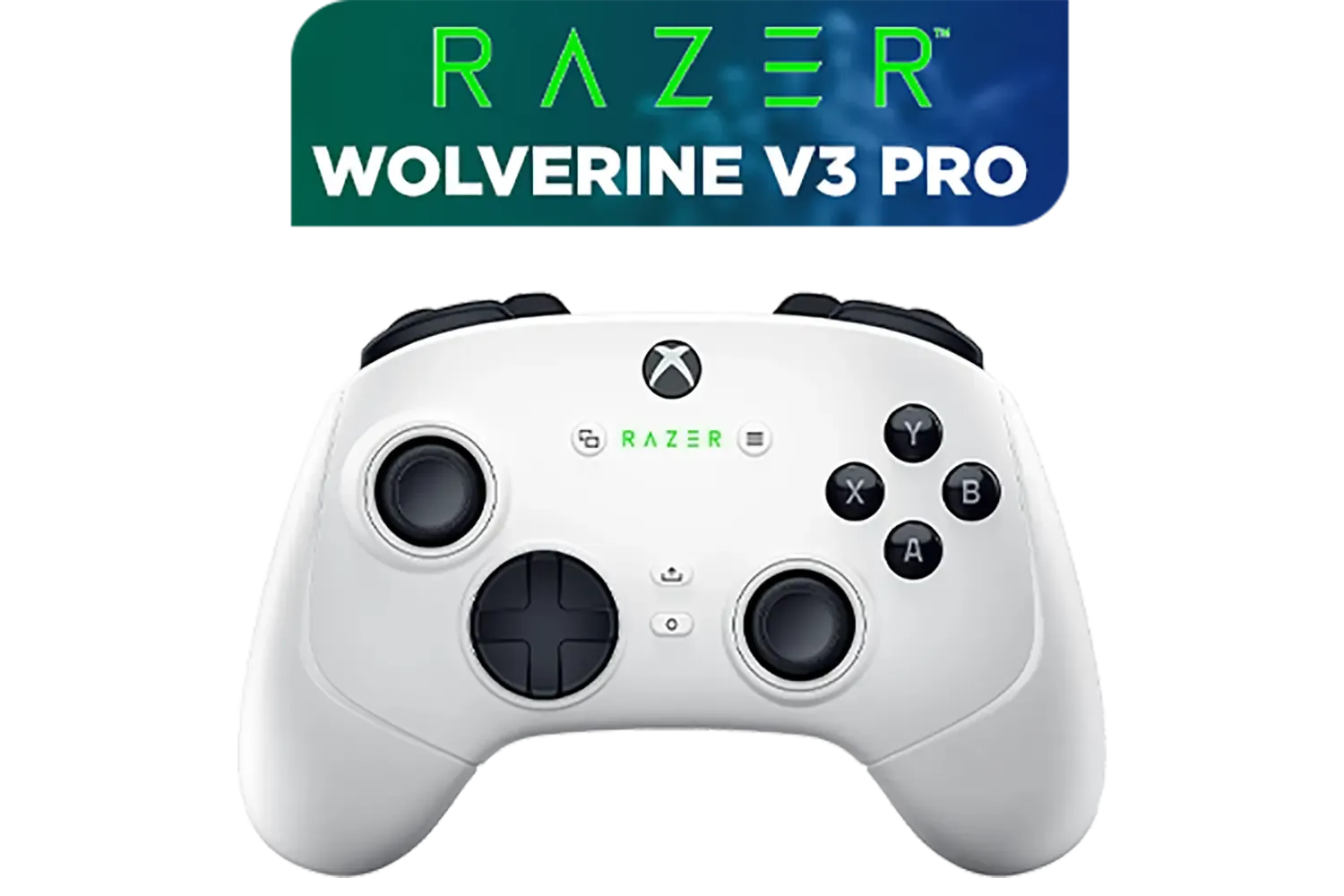
Your games need a place to live, and speed matters. These devices use ultra-fast NVMe SSDs to ensure games load in a flash. While internal storage can be limited, most models are designed for easy upgrades. Swapping in a larger drive is one of the most popular and effective mods, and finding a great deal when upgrading the internal SSD can double or even quadruple your game library.
Most handheld gaming PCs let you adjust the TDP (Thermal Design Power) of the APU. For less demanding indie games, lowering the TDP from 15W to around 10W can significantly extend your battery life without sacrificing performance. It's a great way to squeeze out an extra hour of playtime!
Is a handheld gaming PC right for you? It’s a perfect fit for several types of South African gamers.
Ultimately, it's for anyone who values the versatility and massive library of the PC ecosystem but craves portability. The right peripherals, like a protective case or a portable charger, are some of the essential gaming accessories that complete the on-the-go experience.

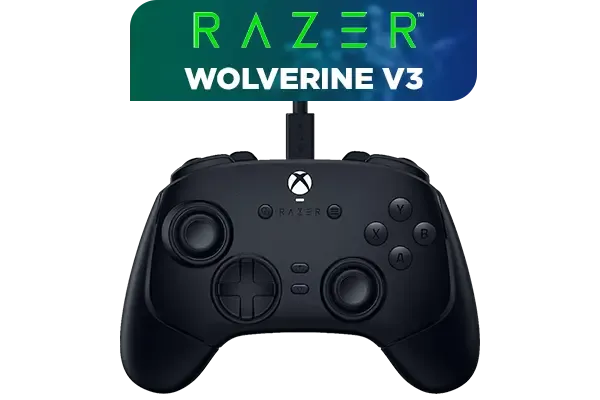



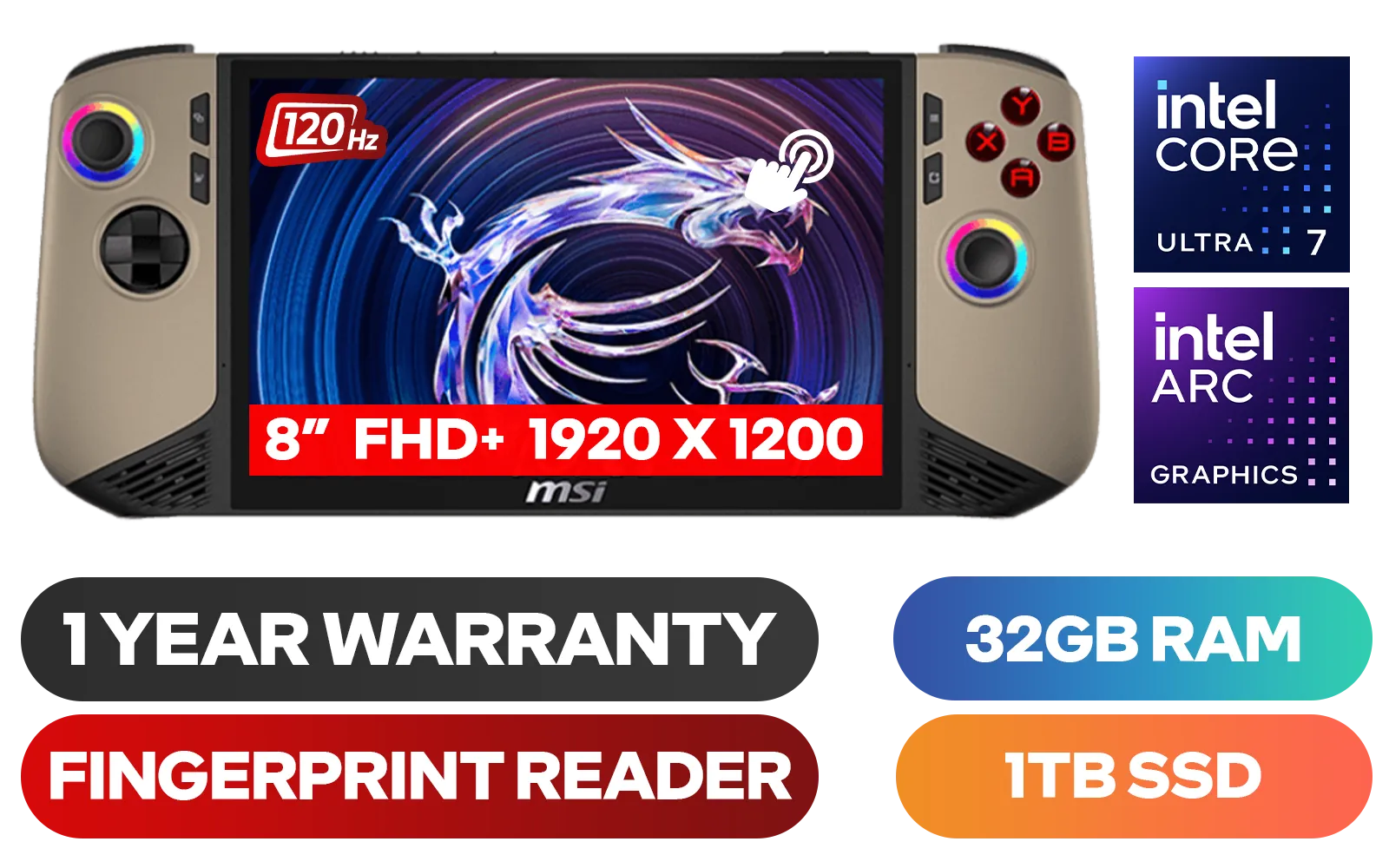
Don't forget, this is a full-fledged computer. With the right dock or a simple USB-C hub, you can connect your handheld to a monitor, keyboard, and mouse, transforming it into a capable desktop PC for productivity or big-screen gaming. It’s a surprisingly versatile machine that can act as a central hub for all your entertainment and work, especially when paired with other tech essentials like a portable monitor. The possibilities are nearly endless.
Ready to Take Your PC Games Anywhere? A handheld gaming PC puts the power of your desktop rig in the palm of your hand. It’s the ultimate freedom for the modern gamer. While you explore the world of portable power, check out our massive range of PC gaming gear to complete your ultimate setup.
While they are impressively powerful for their size, handheld gaming PCs are not as powerful as high-end desktops. They use efficient APUs to balance performance and battery life.
Yes! Most modern handheld PCs are designed to run demanding AAA games. You may need to adjust settings for optimal framerates, but the experience is surprisingly robust.
A handheld gaming PC runs a standard PC operating system like Windows or Linux, giving you access to game libraries like Steam, Epic, and Xbox Game Pass. A Switch runs a closed OS.
Battery life varies greatly depending on the game's intensity and screen brightness. Expect anywhere from 1.5 to 2 hours for demanding AAA titles up to 6-8 hours for lighter indie games.
Yes, they can get warm under load, just like a gaming laptop. They have sophisticated internal cooling systems with fans and heat pipes to manage temperatures effectively.
Absolutely. Most handheld PCs feature a USB-C port that supports video output, allowing you to dock them and play on a larger screen with a separate controller, much like a desktop.